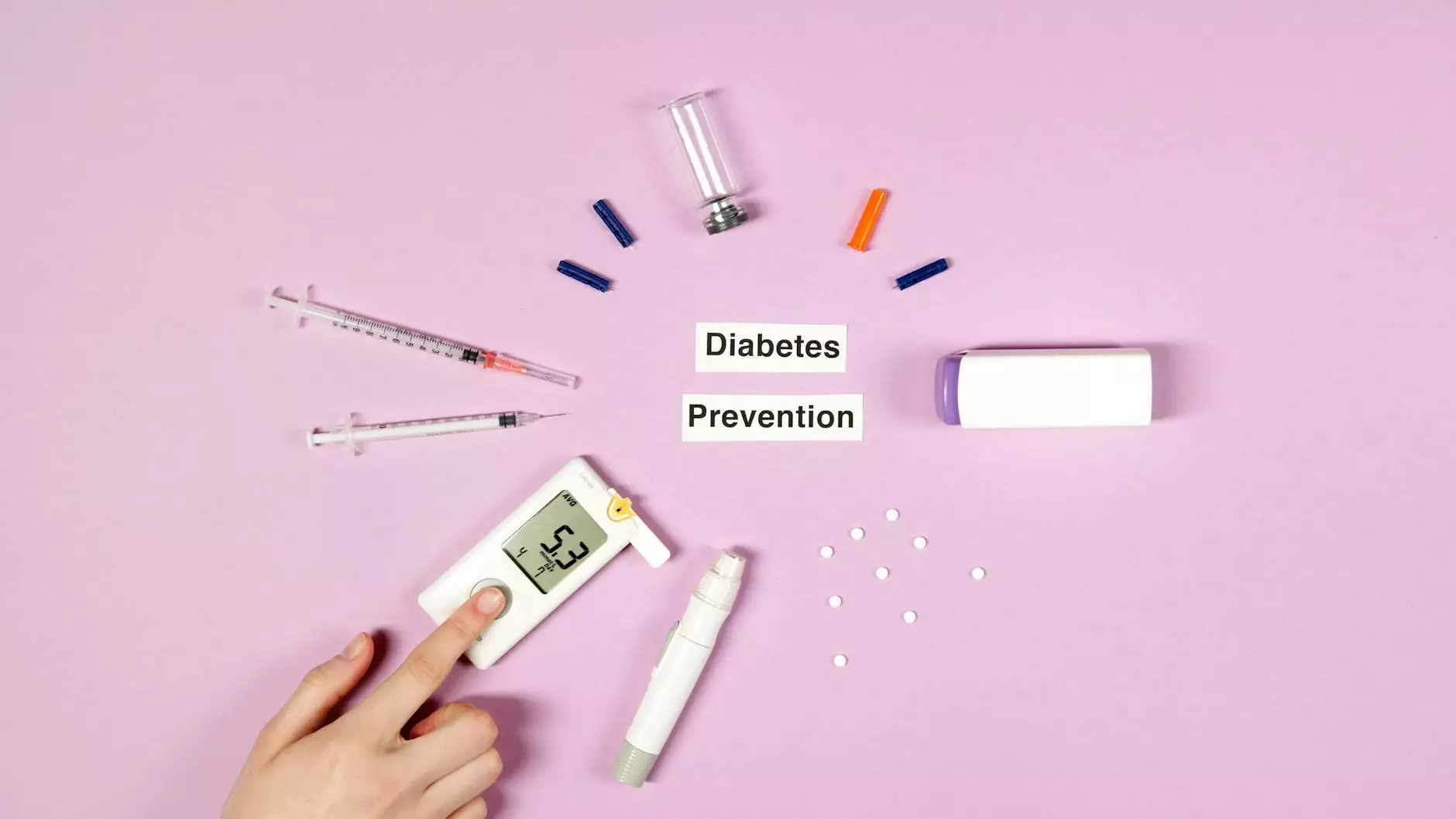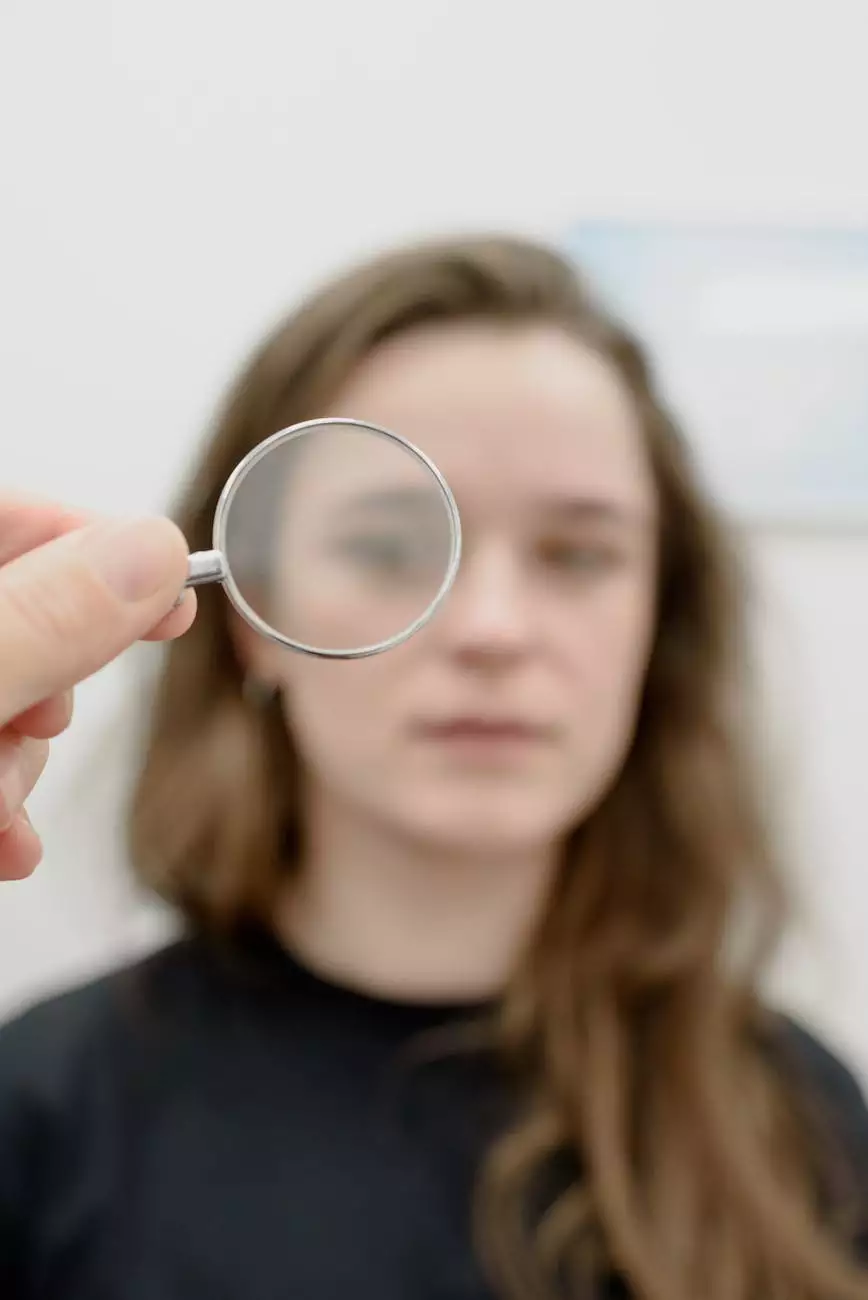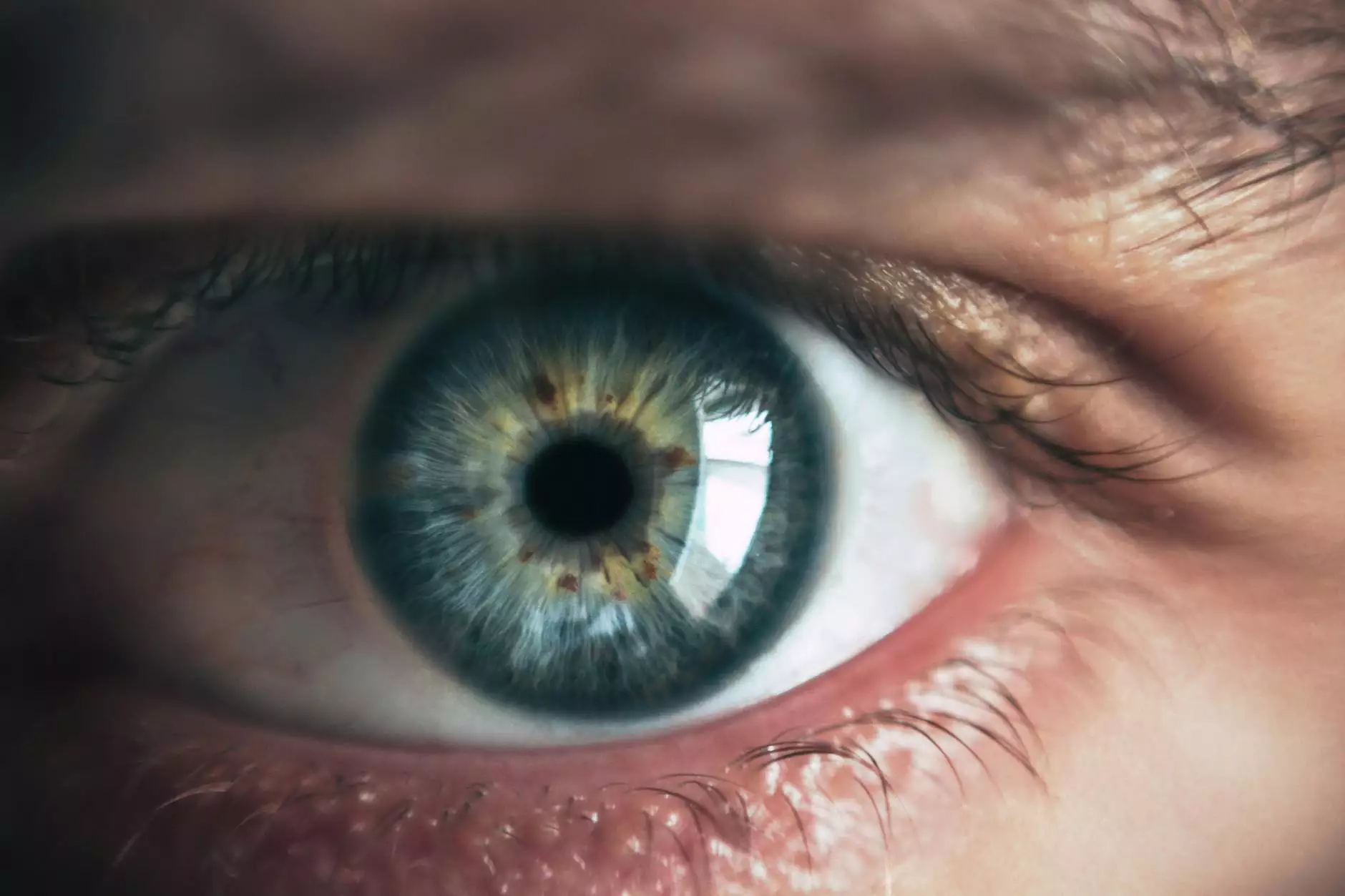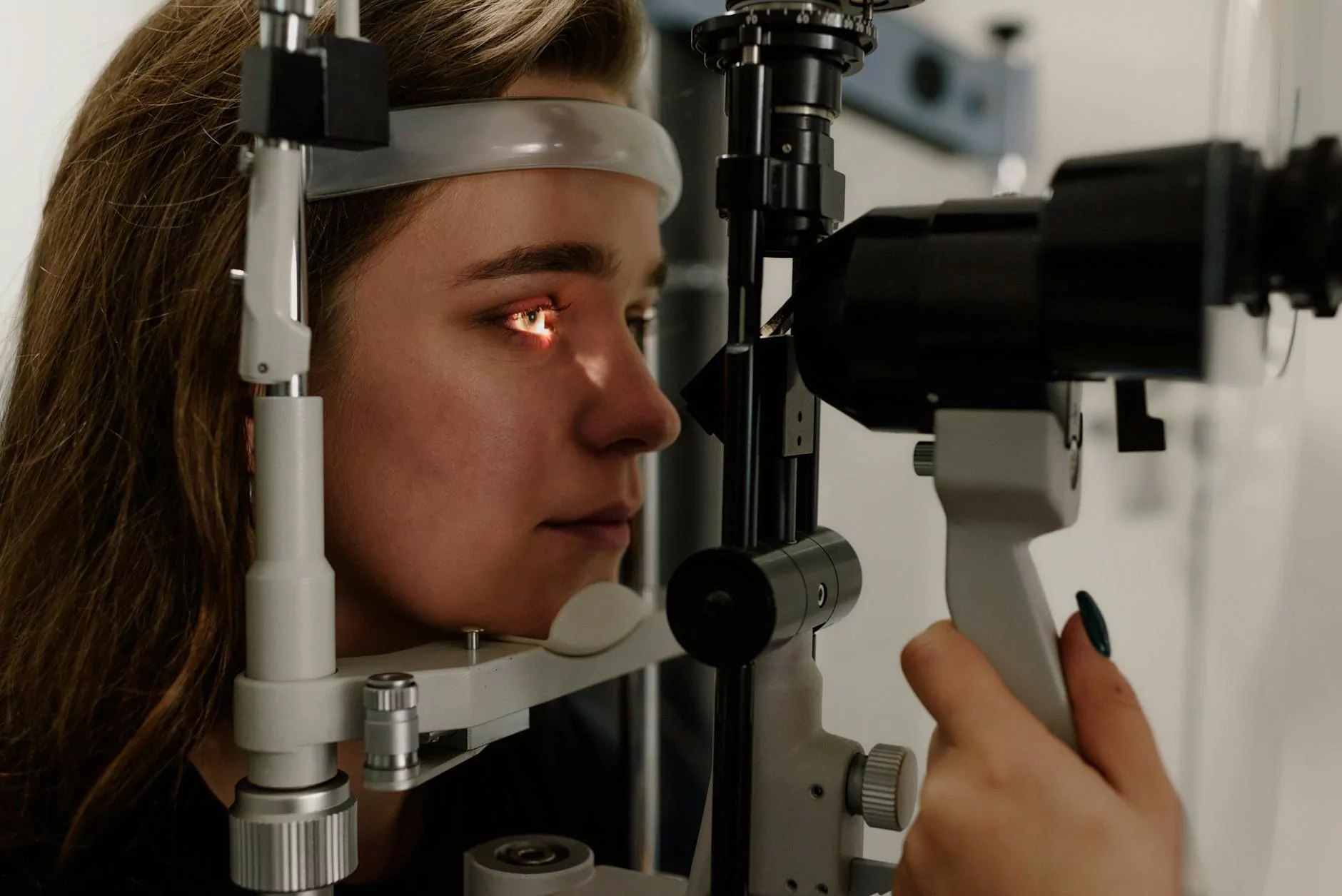Glaucoma: Understanding and Managing the Silent Thief of Sight

Introduction
Welcome to the comprehensive guide on glaucoma, a serious eye health disease that affects millions of people worldwide. At David J Scholten, OD, PC, we are dedicated to providing you with valuable information regarding glaucoma, its types, causes, symptoms, treatments, and prevention.
What is Glaucoma?
Glaucoma is a group of eye conditions that can lead to irreversible vision loss and blindness if left untreated. It is often referred to as the "silent thief of sight" because it progresses slowly and painlessly, often without noticeable symptoms until significant damage has already occurred.
Types of Glaucoma
1. Primary Open-Angle Glaucoma
Primary open-angle glaucoma is the most common form of glaucoma. It occurs when the drainage canals in the eye become gradually clogged, resulting in increased intraocular pressure. This pressure damages the optic nerve, leading to vision loss.
2. Angle-Closure Glaucoma
Angle-closure glaucoma is less common but requires immediate medical attention. It occurs when the iris blocks the drainage angle, causing a sudden increase in intraocular pressure. This is a medical emergency and can cause severe eye pain, nausea, blurred vision, and even vision loss if not treated promptly.
3. Normal-Tension Glaucoma
In normal-tension glaucoma, also known as low-tension or normal-pressure glaucoma, optic nerve damage occurs despite normal intraocular pressure. The exact cause of this type of glaucoma is still under investigation, but it may be related to decreased blood flow to the optic nerve.
Causes and Risk Factors
The exact causes of glaucoma are not fully understood, but several risk factors have been identified:
- Increased intraocular pressure
- Age (over 60 years old)
- Family history of glaucoma
- Ethnicity (African, Hispanic, or Asian descent)
- Thin corneas
- Medical conditions (diabetes, high blood pressure)
- Long-term corticosteroid use
- Eye injuries or surgeries
Signs and Symptoms
Early-stage glaucoma often does not cause any noticeable symptoms. As the condition progresses, the following signs and symptoms may occur:
- Gradual loss of peripheral vision
- Tunnel vision
- Blurred vision
- Halos around lights
- Severe eye pain
- Headaches
- Nausea and vomiting (in angle-closure glaucoma)
Diagnosis and Treatment
Early detection and treatment are crucial to prevent vision loss from glaucoma. Regular comprehensive eye exams that include measurements of intraocular pressure and assessment of the optic nerve can help in diagnosing glaucoma.
Once diagnosed, treatment options may include:
- Prescription eye drops to lower intraocular pressure
- Oral medications
- Laser trabeculoplasty to improve drainage
- Microsurgery (trabeculectomy) to create a new drainage channel
- Minimally invasive glaucoma surgeries (MIGS)
Prevention
While there is no known way to prevent glaucoma entirely, certain measures may help reduce the risk of developing the condition or slow its progression:
- Regular eye exams
- Maintaining healthy blood pressure and cholesterol levels
- Eating a balanced diet rich in antioxidants
- Wearing protective eyewear
- Exercising regularly
- Avoiding smoking and excessive alcohol consumption
Conclusion
Glaucoma is a serious eye health disease that demands attention and proper management. Regular eye exams, early detection, and timely treatment are vital in preventing vision loss. At David J Scholten, OD, PC, we prioritize your eye health and offer comprehensive services for glaucoma diagnosis, treatment, and ongoing care. Contact us today to schedule an appointment and ensure the long-term health of your eyes.










